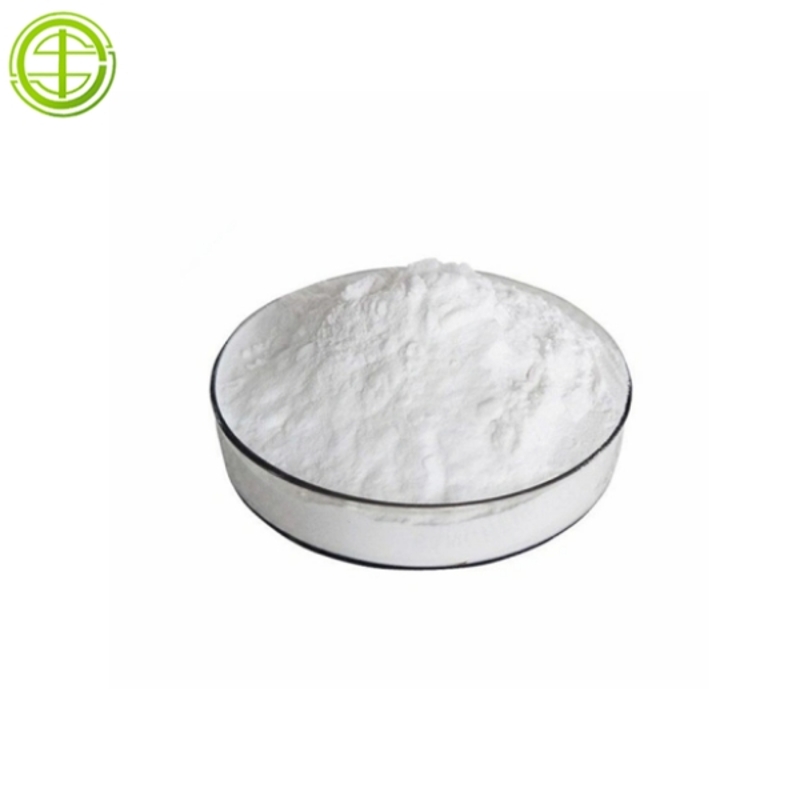For the first time, scientists have bred nested embryos in horses and mice
-
Last Update: 2020-12-13
-
Source: Internet
-
Author: User
Search more information of high quality chemicals, good prices and reliable suppliers, visit
www.echemi.com
Beijing, Dec. 3 (Xinhua Peng Xi) To the University of Texas At dallas Southwest Medical Center and Shenzhen Huada Life Sciences Research Institute-based research team, for the first time in a number of species to develop a new stem cell line, and on this basis to create the world's first horse-mouse embedded embryo.
research paper was published online on the 2nd in the U.S. journal Cell-Stem Cell. This achievement has potential for application in heterogeneity transplantation and endangered animal protection.
the basis of this new study is the generation of stem cells that nest embryos. Previous studies have found that erythral stem cells have both initial and active states, representing the state of the embryo before and after bed in the body, but some scientists believe that there may still be an intermediate state called "Formative state". The latest study, by simultaneously activating three cell signaling paths, has for the first time produced APSCs of stable stem cell lines with this intermediate state characteristic, which can efficiently produce embedded embryos and differentiate directly into primitive reproductive cells in-body.
, an assistant professor in the Department of Molecular Biology at the University of Texas at Dallas Southwest Medical Center, told Xinhua that the new method is expected to be widely used to get more similar stem cells from mammals.
in addition to the human XPSCs cell line, the researchers obtained the XPSCs cell line in horses and mice using the same culture conditions. Injecting horse's XPSCs into mouse embryos, researchers successfully developed the world's first horse rat xymatically embedded early embryos.
2017, Wu Jun et al. published a paper in the American journal Cell announcing the first successful development of human pig chimosa embryos by injecting human stem cells into pig embryos. Wu Jun said the new study is a further step forward for early research. The cell line which can be used efficiently for heterogeneic chilay can be cultivated, which can further promote the research and application of heterogeneity.'It's exciting to get stem cells from three species using exactly the same culture conditions,' said Yu Leqian, co-author of the
paper and a member of Wu Jun's lab. 'This means that in the future we may be able to get stem cells from different species, helping to understand evolutionary differences between species at the cellular and molecular levels.'
Wu said the team is trying to obtain induced errands from the endangered species, the White Rhino, and differentiate them into primitive reproductive cells in an effort to restore the species' natural sustainability.
This article is an English version of an article which is originally in the Chinese language on echemi.com and is provided for information purposes only.
This website makes no representation or warranty of any kind, either expressed or implied, as to the accuracy, completeness ownership or reliability of
the article or any translations thereof. If you have any concerns or complaints relating to the article, please send an email, providing a detailed
description of the concern or complaint, to
service@echemi.com. A staff member will contact you within 5 working days. Once verified, infringing content
will be removed immediately.







